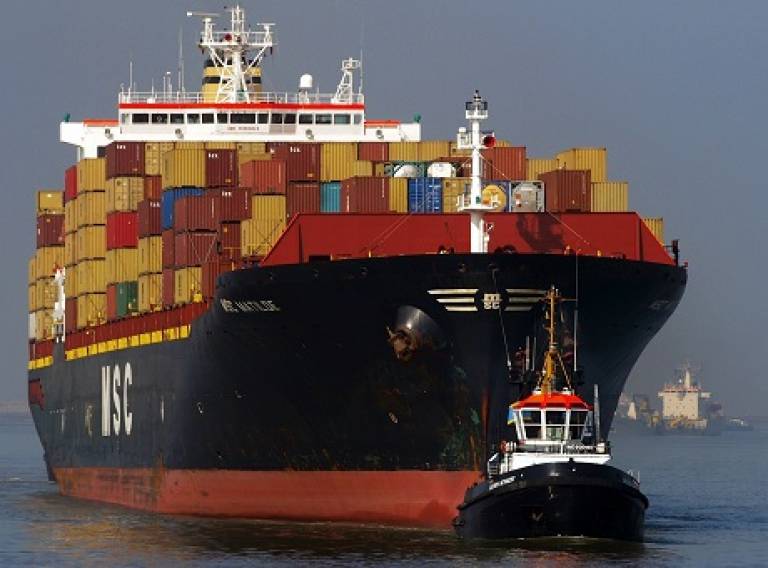UCL-Energy and Carbon War Room report states wind technology can yield 60% fuel savings for ships
23 February 2016

The UCL Energy Institute and the Carbon War Room have published a paper reviewing the opportunities and barriers to the adoption of wind technology in the international shipping industry. This paper is part of their joint Shipping Innovation Fast Tracker (ShIFT) program.
The study, published in the Journal of Marine Policy, is titled "Wind technologies: Opportunities and barriers to a low carbon shipping industry" and shows that economic barriers, such as risk and access to capital, are hindering adoption of this promising technology. Third-party capital, in combination with best-in-class data collection and analysis, offers one solution to overcoming these barriers.
The exact fuel savings that can be achieved via the adoption of such wind propulsion technologies will depend on the design of the ship (particularly the rig and hull), the operating speed, and the wind speeds and wind directions experienced along the ship’s route. Voyage simulation and modeling by UCL-Energy estimates that wind technologies can deliver fuel savings anywhere from 10–60%. Wind technologies can even allow older, less-efficient ships to operate competitively with new ships, especially along the busy shipping routes in the North Pacific, North Sea, and Southern Ocean that have favorable wind conditions.
 Close
Close

